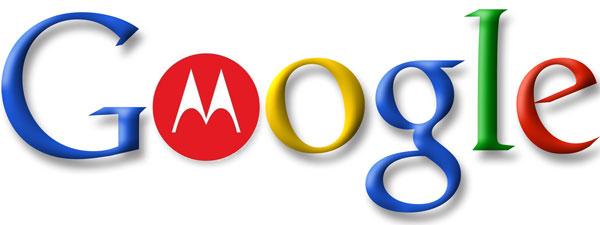The U.S. Federal Trade Commission announced on Wednesday that it has reached an agreement with Google in which it will license standard-essential patents it obtained from Motorola under FRAND terms.
Google faced charges from the FTC asserting that the search giant's business practices could stifle competition among competing manufacturers of electronic devices, such as Apple. The company was accused of backing off commitments to license standard-essential patents under fair, reasonable and non-discriminatory terms.
Instead, Google either pursued or threatened to pursue injunctions against competing products for alleged patent infringement, rather than offering FRAND licensing deals for those patents in question.
In a letter sent out to those who provided public comment on the case, the FTC said the order "strikes a balance" that enables Google to negotiate FRAND rates while protecting outside parties from "opportunistic behavior" that does not align with the principles of FRAND.
"An implementer can negotiate licensing terms without facing the threat of an inunction, but Google is not barred from responding to an implementer that misuses the protections in the order to delay rather than facilitate entering into a FRAND license," the FTC said. "In addition, Google has recourse if an implementer refuses to take steps to obtain a FRAND license, or to enter into a license after a FRAND rate is determined. Like any other licensor, Google also has the right to seek treble damages for willful infringement."
The finalization of the case formally brings to a close the antitrust investigation. Google had agreed to license Motorola's FRAND patents back in January, but its concessions required FTC approval.
Last year, Google was also slapped with the largest fine in FTC history for bypassing privacy settings in Apple's Safari browser. The record $22.5 million fine was assessed for ignoring security settings designed to prevent advertisers from tracking users with cookies.
 AppleInsider Staff
AppleInsider Staff








 Chip Loder
Chip Loder
 Mike Wuerthele
Mike Wuerthele
 Malcolm Owen
Malcolm Owen

 Amber Neely
Amber Neely
 William Gallagher
William Gallagher



-m.jpg)






33 Comments
"If it breaks when you bend, you better not put it in"
[quote name="AppleInsider" url="/t/158679/ftc-google-finalize-antitrust-settlement-over-motorolas-standard-essential-patents#post_2366986"]Last year, Google was also slapped with the largest fine in FTC history for bypassing privacy settings in Apple's Safari browser. The record $22.5 million fine was assessed for ignoring security settings designed to prevent advertisers from tracking users with cookies.[/quote] And, yet, the shills still defend everything Google does.
So what, exactly, did Google get for their $12.5 billion when they bought Moto? A bunch of FRAND-encumbered patents that will earn a mere trickle of licensing fees. And a hardware maker that bleeds cash (5th straight quarter of losses, by the way.) Good job. Keep it up.
[quote name="SockRolid" url="/t/158679/ftc-google-finalize-antitrust-settlement-over-motorolas-standard-essential-patents#post_2367039"]So what, exactly, did Google get for their $12.5 billion when they bought Moto? A bunch of FRAND-encumbered patents that will earn a mere trickle of licensing fees. And a hardware maker that bleeds cash (5th straight quarter of losses, by the way.) Good job. Keep it up.[/quote] The purchase was never intended to give Google a war-chest of patents to assert against competitors. In fact there's not been a single new patent infringement case filed by Moto since Google became the owner. It's just not in their DNA to be aggressive with IP. The purchase was defensive.
[quote name="Gatorguy" url="/t/158679/ftc-google-finalize-antitrust-settlement-over-motorolas-standard-essential-patents#post_2367045"]The purchase was defensive.[/quote] Defensive? I thought Larry said he liked the clamshell phone design of the 90's, and wanted it back (if memory serves me)